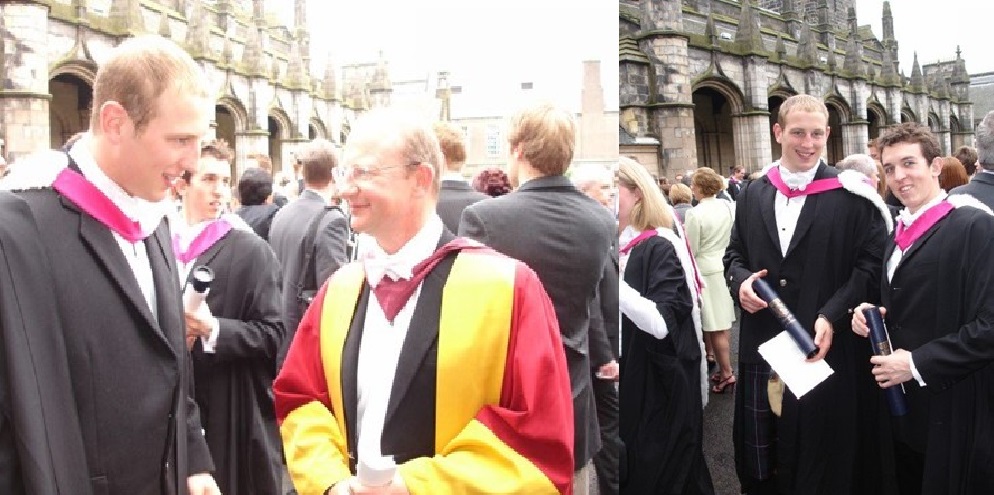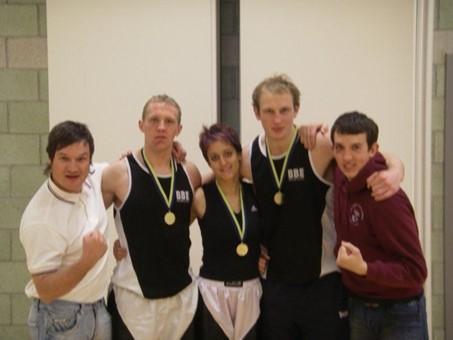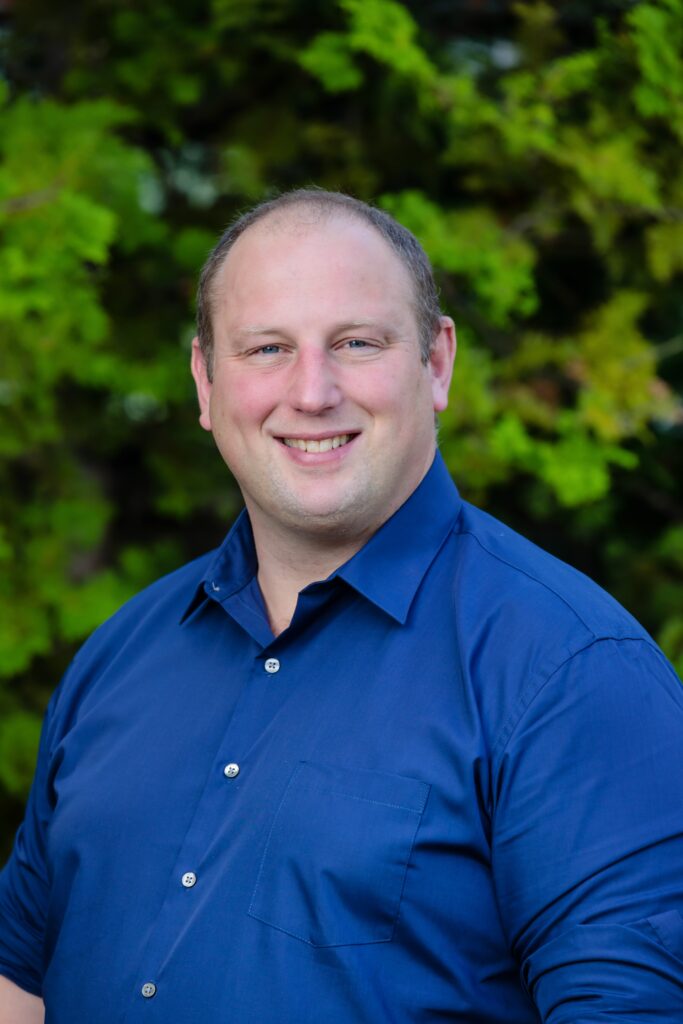From St Andrews to Harvard – via the Dundas Medal
Roger Flint, BSc (Hons) 2007, was recently awarded the Dundas Medal for his work on creating SPOT – a software app that supports the safer prescription of opioids. Here he describes his career path from St Andrews to HealthTech Fellow at Harvard via this national prize.
St Andrews – a good recommendation
St Andrews was recommended to me by a family friend – the late Sandy Milne of Fisher and Donaldson’s bakery. He described the lifestyle of a student town by the sea with renowned academics, a convivial and fun atmosphere, late-night dinner parties, fancy dress and bracing walks home. I applied to read Chemistry here in 2002 and discovered that he was absolutely correct. I will always remain grateful for his recommendation – and for the Fisher and Donaldson’s Coffee Towers after a day of lectures.
St Andrews is a special and distinctly friendly place. In my time, it was referred to as ‘The Bubble’. You would often see friendly faces on your way back home from the pub or on your way to a rugby game or otherwise on your walk to lectures. There were no nightclubs, so the Students’ Union or dinner parties at the houses of friends were the main ways to socialise. In addition, there were many different types of student-led and themed balls (such as the ‘Welly’ and the ‘May’) and unique traditions such as academic children and Raisin weekend. One of my ‘children’ is now a neurologist in the US, and the other a senior banker at JP Morgan.
Studying at St Andrews was incredibly good fun and introduced me to people from all over the world, including American and European students who were visiting either on exchange for a year or for their entire degree programmes.
When I wasn’t studying I played for the 1st XV, took part in a ‘spirited’ tour of South America and made friends for life. I also turned my hand to boxing and enjoyed success at national university level. My time at St Andrews was formative and very special.
SPOT – identifying an unmet need
After I graduated I studied for a Masters in Public Health Research at the University of Edinburgh, and then embarked on clinical medicine at the University of Dundee.
On graduating from Dundee, I started my career as a junior doctor – an FY1 – in NHS Tayside. Two weeks later, I was on-call out-of-hours providing in-patient medical cover for 130 patients across three wards.
One of the patients that I was looking after was at the end of her life. She received her pain relief through a tube entering her stomach. This had become blocked, and the nursing staff asked me to switch her to an injection under the skin. I had no experience in performing these switches, and the only resources available to me were paper tables. Unfortunately, my senior doctor was unavailable to assist me.
Any error could have led to my harming the patient, so due to my lack of confidence and an inability to double-check my calculation, I felt that I couldn’t prescribe the pain relief. Consequently, the patient went without pain relief until the night shift doctors could help me.
The patient suffered until I could receive help, which made me feel angry, hurt, and frustrated. Upon further investigation, I discovered that there were no support systems to help clinicians make these crucial decisions.
As a result of this difficult experience, I was determined to address this deficiency in clinical care and did so with the support of a diverse group of multidisciplinary colleagues and funding from charities and non-governmental bodies. Over a six-year period we co-designed, co-created, clinically validated and gained regulatory approval for The Safer Prescription of Opioids Tool (SPOT). SPOT is a software app that is used as a medical tool to support safe prescribing and was included in NHS Scotland Policy for opioid prescribing in the end-of-life care setting. It was also recommended for national adoption in Scotland, and because of this my team was awarded a national prize – The Dundas Medal – for ‘services to palliative care’.
At the same time as SPOT was being developed I also undertook locum work and GP training and worked in Medicine for the Elderly during the Covid-19 pandemic.
HealthTech Fellow at Harvard
After SPOT’s success I was fortunate to be selected as a HealthTech Fellow at the University of Harvard, Boston, to build upon and formalise my experience in innovation. This Fellowship gives formal training in how to identify an unmet need and integrate a concept and solution in healthcare.
My multidisciplinary team of four HealthTech colleagues includes three engineers and me as the physician. We are from Scotland, Brazil, Spain and the USA and are currently seeking unmet needs at Massachusetts Eye and Ear Infirmary in the department of Head and Neck Surgery.
My aim during this programme is to identify a scaleable and commercialisable solution to an unmet need and spin-out a company from Harvard to address it.
I attribute my career so far to the formative time I experienced at St Andrews. I am incredibly grateful to colleagues and lecturers such as Professor Mike Fedak, Dr Morven Shearer and Professor David Paterson who supported me and inculcated a lifetime passion for learning and development. I learned how to ‘work hard and play hard’, engaged with colleagues from across the world, developed key skills and attitudes, and made friends for life.


